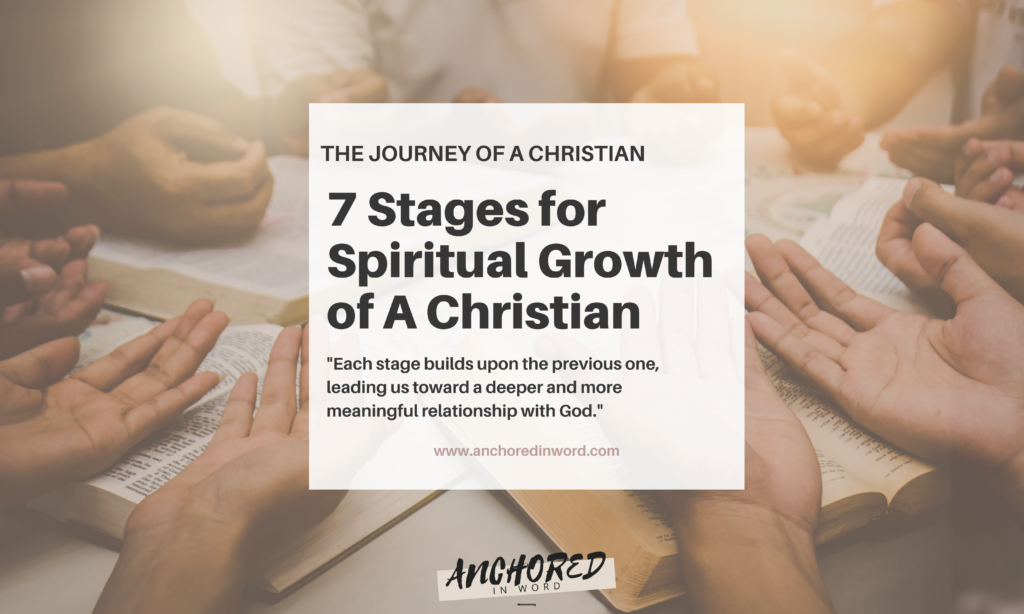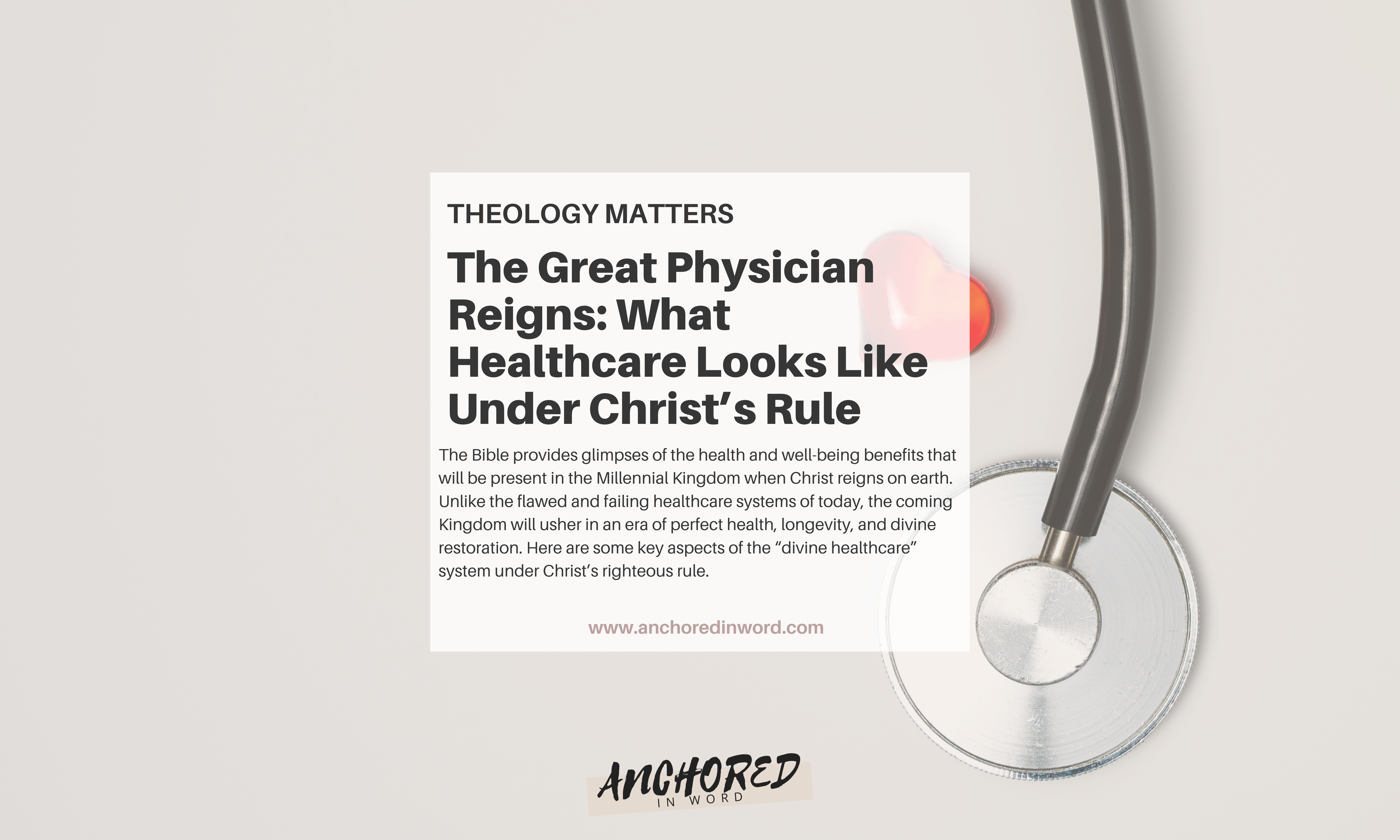
The journey of a Christian is one of continuous transformation and growth. Spiritual growth is not a passive process; it requires intentional choices, battles against sin, hunger for the Word, reliance on grace, embracing God’s plans, and understanding our unique role in God’s kingdom. In this post, we will delve into the 7 stages for spiritual growth based on 1 Peter 2, exploring each stage’s significance and how it contributes to the development of a mature Christian.
Table of Contents
Stage 1: Choosing Spiritual Growth (1 Peter 2:1a)
The journey begins with a choice. Spiritual growth is not an automatic outcome; it is a deliberate decision to pursue a deeper relationship with God. As 1 Peter 2:1a emphasizes, we are called to “rid ourselves of all malice, deceit, hypocrisy, envy, and slander.” This entails recognizing our sinful nature and choosing to turn away from it. This choice sets the foundation for the transformative process that lies ahead.
Stage 2: Battling Sin (1 Peter 2:1b)
The second stage involves a battle against sin. Forsaking sin is not a one-time event but an ongoing struggle. 1 Peter 2:1b highlights this battle, acknowledging that forsaking sin requires conscious effort and perseverance. Overcoming sin is essential for our spiritual growth, as it clears the path for a deeper connection with God and a more authentic and rewarding Christian lifestyle.
Stage 3: Hunger for the Word (1 Peter 2:2a)
Spiritual health is closely linked to our appetite for the Word of God. Just as physical health requires proper nourishment, our spiritual health thrives when we hunger for the Scriptures. 1 Peter 2:2a encourages us to “crave pure spiritual milk,” indicating that a genuine desire for God’s Word is a sign of a healthy and growing faith. Regular engagement with the Bible nurtures our understanding of God’s character and His plan for our lives.
Stage 4: Needing the Word (1 Peter 2:2b)
Moving beyond mere desire, we progress to recognizing our need for the Word. 1 Peter 2:2b illustrates this transition, as we shift from merely wanting to learn more about God’s Word to understanding that we depend on it for sustenance. Just as physical growth requires proper nourishment, our spiritual growth flourishes when we rely on the Word of God as our source of guidance and wisdom.
Stage 5: Being Satisfied in Grace (1 Peter 2:3)
Grace is the foundation of our relationship with God. 1 Peter 2:3 highlights the profound satisfaction that comes from experiencing God’s grace. As we grow spiritually, we come to appreciate the depth of God’s unmerited favor and forgiveness. Embracing grace allows us to let go of guilt and shame, enabling us to move forward in our journey with confidence and gratitude towards God for our salvation.
Stage 6: Embracing God’s Plans (1 Peter 2:4-8)
God has unique and purposeful plans for each of our lives. Embracing these plans is a crucial stage of spiritual growth. 1 Peter 2:4-8 underscores the significance of aligning our lives with God’s intentions. As we yield to His guidance and direction, we discover our true calling and join Him to fulfill His purposes on earth.
Stage 7: Embracing Our Priestly Role (1 Peter 2:9-10)
In the final stage, we come to understand our identity as chosen individuals in God’s kingdom. 1 Peter 2:9-10 paints a vivid picture of our role as a “royal priesthood” and a “holy nation.” Embracing our priestly role means recognizing our responsibility to intercede for others, represent God’s love, and carry out acts of service; read our post “LIVING A PLEASING SELFLESS LIFE“. This stage embodies the culmination of our spiritual growth journey, as we actively participate in God’s redemptive work.
Spiritual growth is a lifelong journey characterized by intentional choices, battles against sin, hunger for the Word, reliance on grace, embracing God’s plans, and understanding our priestly role. Each stage builds upon the previous one, leading us toward a deeper and more meaningful relationship with God. As we navigate these stages, we can be assured that God’s transformative power is at work within us, shaping us into mature and faithful followers of Christ.

